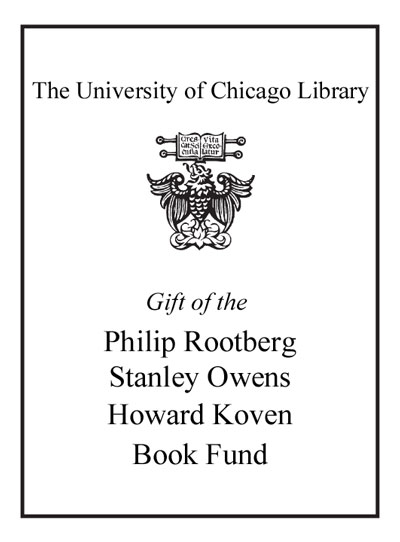Review by Choice Review
Politically, economically, socially, culturally, Britain of the 1980s is Thatcherism. Hill (Univ. of Ulster) devotes the first third of this book to defining Thatcherism, along the way demonstrating what films meant (or did not mean) to Thatcherism. Not officially encouraged or supported, films turn ideologically unsympathetic, critical, satirical. This part of the book--footnotes-on-every-page solid--also provides background information on both the government's enfeebling of the industry and the support by television. On this part of the discussion, Lester Friedman provides an easier read in his edited volume Fires Were Started: British Cinema and Thatcherism (CH, Jul'93), though the anthology offers no sustained discussion. Hill goes on to graceful, detailed analyses of individual films, among the best Looking for Langston, Britannia Hospital, Business as Usual, Defence of the Realm, The Last of the End, Letter to Brezhnev, Ploughman's Lunch, Riff-Raff, A Room with a View. Hill hopes to clarify each film's depiction of class, gender, work, race, politics, heritage, nostalgia, empire, sexuality, etc. Nothing vigorous, either positive or negative, emerges on nationalism, which may be the point: these films project not "a unified notion of national identity," but instead "a fluid, hybrid, and plural sense of 'Britishness.' " Upper-division undergraduates through professionals. P. H. Stacy University of Hartford
Copyright American Library Association, used with permission.
Review by Choice Review

